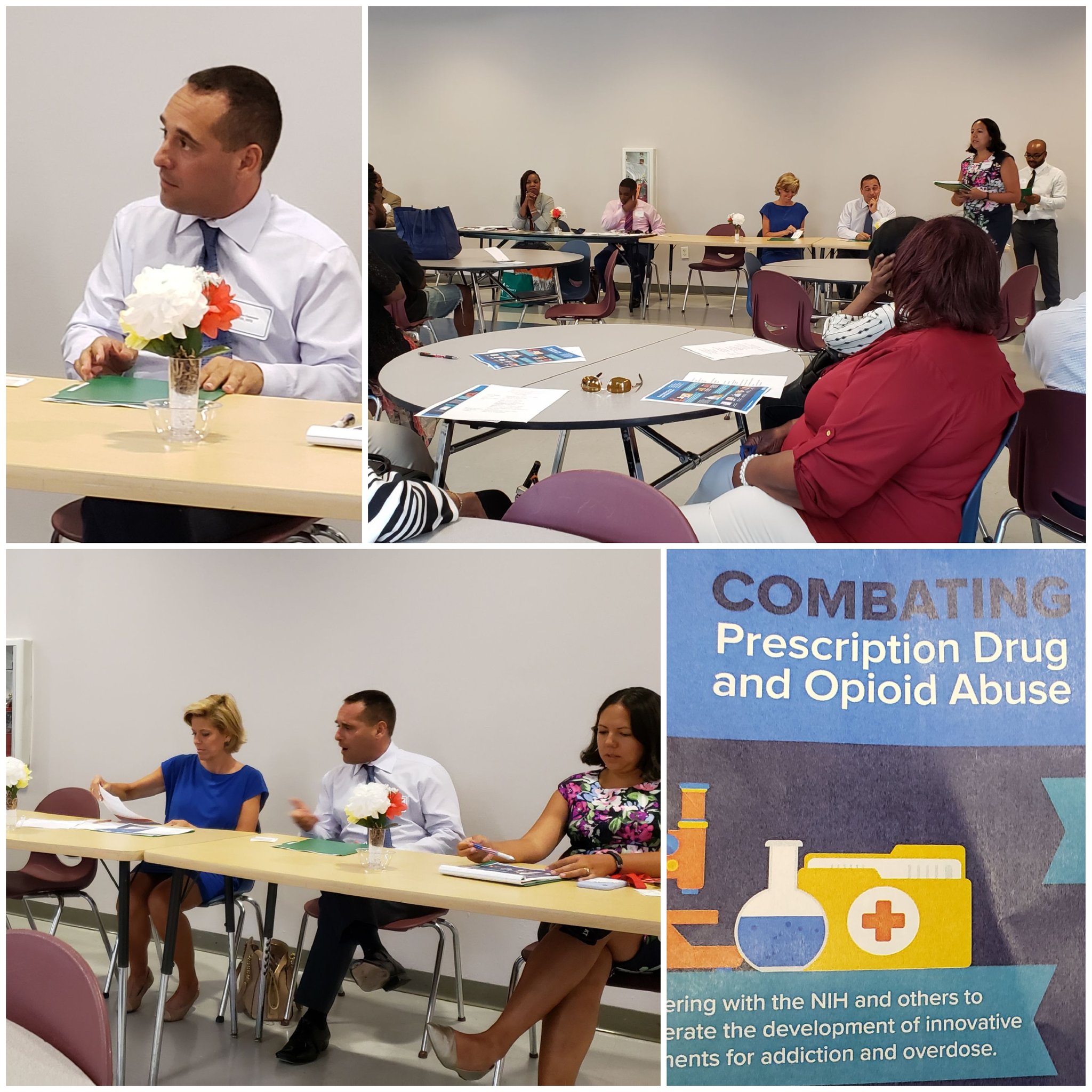Opioid Policies

Much like the rest of the United States, residents of the District of Columbia are struggling with substance use disorder (SUD) rate increases and high rates of opioid-related deaths. Unfortunately, these are multi-faceted issues that require year-long initiatives and systematic programs to address the myriad causes of addiction.
MSDC stands as a partner to the District government and private entities to help arrest the rates of opioid and substance abuse in the District. Through our advocacy for better prescribing practices, education on addiction, and even helping our own community through our Physician Health Program, MSDC is working to make DC a leader in reducing SUD, OUD, and addiction.
On a related note, MSDC is passionate about helping patients make prescriptions and medication more affordable. Whether expanding access to biosimilars or advocating for more affordable co-pays, MSDC wants to help our patients afford the medications they need.
MSDC Statement and Testimony on Opioid and Prescription Issues
25th Council information coming soon
MSDC President Testifies at Committee on Health Budget Hearing
On Wednesday, MSDC President Dr. Desiree Pineda testified on behalf of DC physicians on the need for a robust physician network throughout DC.
The Committee on Health hearing was done virtually less than a week after the Committee heard from Administration witnesses. The public hearing, which featured 20 panels of witnesses, allowed numerous organizations and residents to share their thoughts on the budget.
Dr. Pineda began by emphasizing the desire for MSDC to work with the organizations testifying to build a robust health network in the District. She then highlighted two areas of support for the Mayor's budget: funding for primary and specialty care providers, and funds to build the new hospital on the St. Elizabeth's campus.
She then pivoted into the majority of her testimony, which focused on how MSDC, the government, and private partners can build a robust physician network, especially in underserved areas. Her testimony included the following recommendations:
- Ensure the budget increases Medicaid provider payments on par with private payer payments or at least on par with Medicare payments
- Ensure hospital contracts with the District carve out spaces for affiliated independent physician practices
- Ensure that current practicing physicians in Wards 7 and 8, especially those practicing at UMC, have priority to buy or rent in the new hospital office building.
- Continue to fund HPLRP and other funding mechanisms to help new physician practices in underserved area
- Reform medical liability laws to offer some protection to physicians acting in good faith
- Create funding mechanisms and incentives to encourage physicians to rent or buy property in underserved areas, the same way Prince George’s County is doing to recruit DC physicians across the border. Physicians already practicing in Wards 7 and 8 and UMC should have priority to these funds and incentives.
Sample of Legislation MSDC Tracked on Opioid and Prescription Policy
What does it do? The bill authorizes licensed pahrmacists to dispense interchangeable biological products and requires notifications to physicians when such interchangeables are dispensed.
MSDC position: MSDC has a position of priority support on this legislation, identifying its passage as one of its highest legislative priorities.
Current status: SUCCESS. The bill was passed by the Council and signed by the Mayor.
What does it do? The bill requires prescription opioid medications to include a statement that the drug is an opioid and opioids may cause dependence, addiction, or overdoes.
MSDC position: MSDC supports the legislation.
Current status: The bill had a hearing before the Committee on Health on July 29, 2020. MSDC leader Dr. Sam Kareff testified for the Medical Society. It passed the Council on November 10 and was signed by the Mayor December 7.
What does it do? The bill prohibits insurance companies from factoring the use of PreP in decisions related to disability, life, or long-term care policies.
MSDC position: MSDC supports this legislation
Current status: The bill was introduced on January 8, 2019 and assigned to the Committee on Business and Economic Development.

Leave a comment